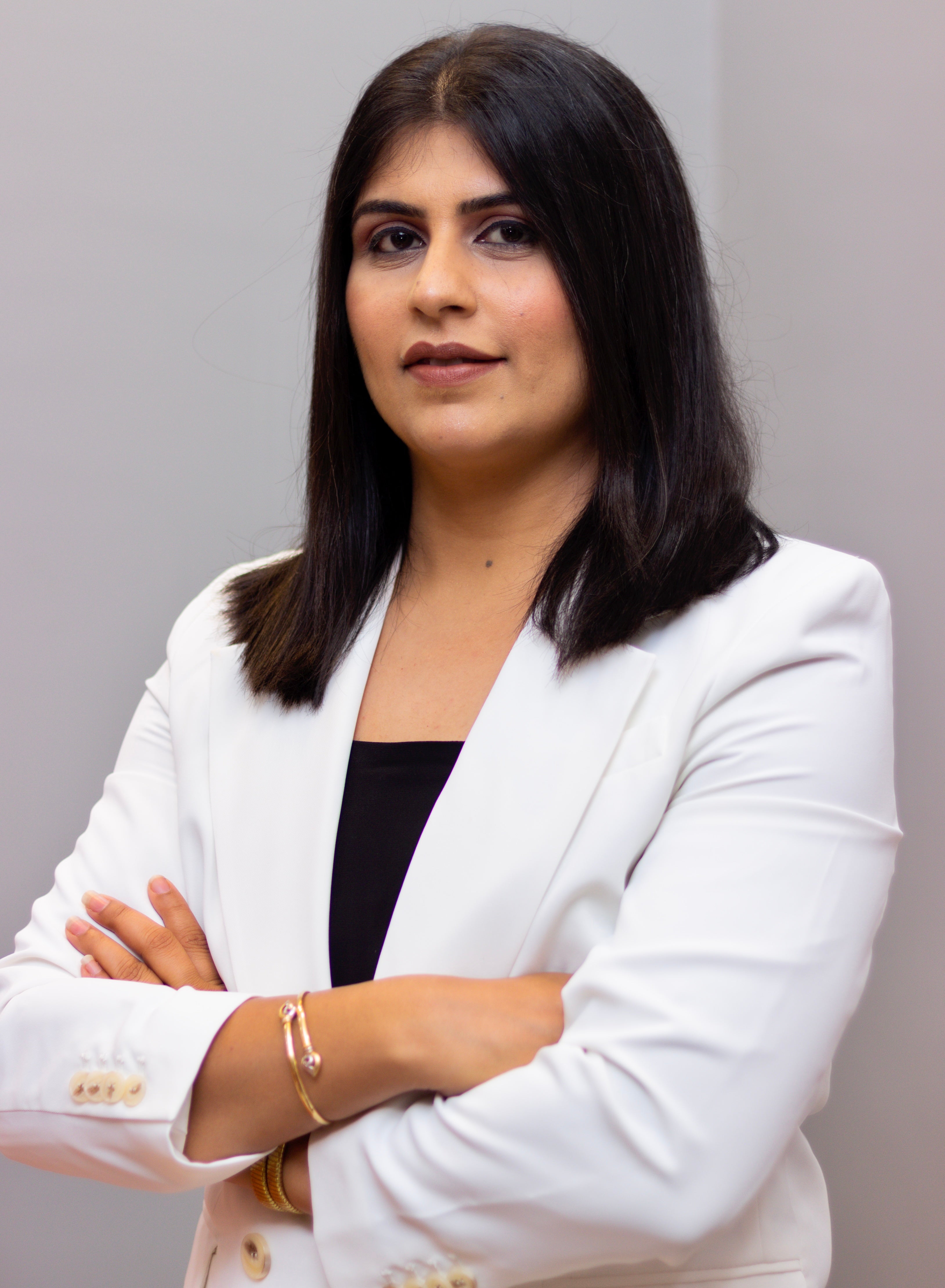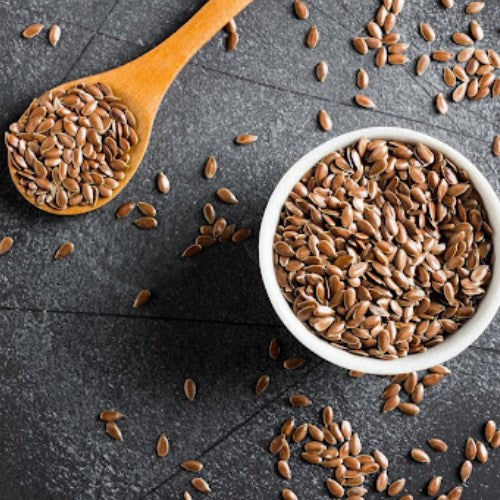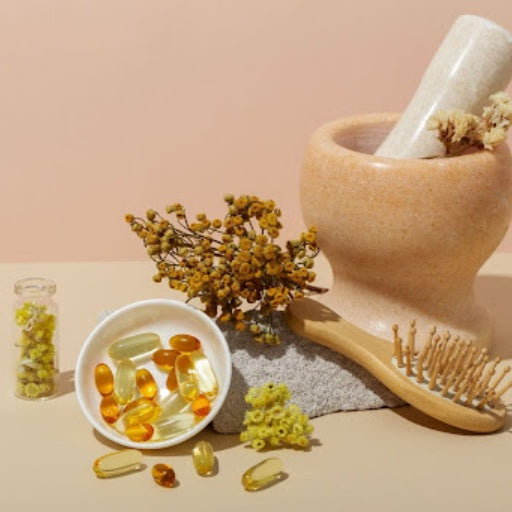Hair is a crucial aspect of our appearance, and any change to its texture, volume, or density sends a shiver down our spines.
Most individuals mix up hair thinning and hair loss, but they are different. Hair thinning is a progressive loss in hair density whereby the hair becomes thinner, losing its volume. Hair loss, however, is the noticeable shedding that may result in bald spots or complete baldness.
Though hair thinning may be an early indicator, hair loss is a later phase of hair damage. Both impact self-esteem and need different prevention and cure.
Knowing the cause, symptoms, and treatments can aid in having healthy hair and prevent further damage. This blog will explain the difference between hair loss vs hair thinning, as well as their causes and prevention methods. Read on to learn more.
What Is Hair Thinning?
Hair thinning occurs when the hair shaft reduces in thickness, reducing overall hair density. Unlike hair loss, it does not generally create bald patches but makes hair less dense. People notice thinning in the form of wider hair parts or less volume.
Hair thinning occurs progressively and can take years or months before it is even noticeable.
Causes of Hair Thinning
Hair thinning can be caused by various factors, including:
- Ageing: As people age, their hair gets thinner as the follicles weaken.
- Hormonal Fluctuations: Menopause, pregnancy, thyroid diseases, or other hormonal problems, such as PCOS, result in hair thinning.
- Nutritional Deficiencies: Iron, zinc, vitamin D, or B vitamins deficiencies weaken hair.
- Stress: Physical or emotional stress slows down hair growth, leaving behind a thin strand.
- Medical Conditions & Medications: Autoimmune diseases or some treatments may result in thinning hair.
Early detection of the causes of hair thinning will help avoid further development and preserve hair density. Moreover, the correct hair care products, nutrition, and stress management are the perfect ways to support hair health.
What Is Hair Loss?
Hair loss refers to excessive hair loss, leading to bald patches. It is more apparent than hair thinning and can happen partially or entirely on the scalp. Hair loss may be progressive or acute and is usually caused by genetic, disease, or environmental factors.
Causes of Hair Loss
Hair loss is brought about by a variety of factors, including:
- Genetics: Male and female pattern baldness are inherited.
- Medications: Chemotherapy medications, blood thinners, and some antidepressants may lead to hair loss.
- Hormonal Changes: Shedding is one of the symptoms of hormone imbalance caused by pregnancy, menopause, or thyroid disorders.
- Damage or Trauma: The cause of loss of hair may be physical trauma, burns, or too much chemical processing.
Hair loss may affect a person's self-confidence, so treating it at a young age is essential. Hair loss can be treated with medical interventions, hair loss products, and, in a few instances, hair transplants.
Hair Thinning vs Hair Loss - Key Differences
When choosing the appropriate treatment or preventive strategy, it is important to understand what is the difference between hair thinning and hair loss. It helps select the most effective approach.
|
Aspect |
Hair Thinning |
Hair Loss |
|
Definition |
Gradual reduction in hair density |
Shedding leading to bald patches |
|
Appearance |
Hair becomes finer and less voluminous |
Noticeable bald spots or receding hairline |
|
Causes |
Aging, hormonal changes, nutrition, and stress |
Genetics, medical conditions, medications, trauma |
|
Progression |
Slow and gradual |
Can be sudden or progressive |
|
Reversibility |
Often reversible with treatment |
May be permanent without intervention |
|
Treatment |
Hair care products, nutrition, and stress management |
Medications, hair transplant, and laser therapy |
How To Avoid Hair Thinning & Hair Loss
Hair thinning and loss prevention involve healthy lifestyle habits, diet, and proper hair care. Although some are medical or hereditary, preventive measures can help avoid the risk and ensure healthy-looking hair. The steps that follow are especially designed for hair thinning and loss.
|
Prevention Technique |
Hair Thinning |
Hair Loss |
|
Handmade Hair Oils |
Nourish roots with natural blends like coconut, amla, or castor oil |
Strengthen follicles to reduce shedding and stimulate growth |
|
Stress Relief Massage |
Relaxes scalp muscles and boosts circulation |
Reduces stress-induced hair fall triggers |
|
Chemical-Free Products |
Prevents thinning from harsh chemicals |
Protects scalp health and avoids irritation-related shedding |
|
Scalp Massage with Essential Oils |
Improves blood flow and nutrient absorption |
Encourages healthy follicle function and reduces dormant roots |
|
Balanced Herbal Diet |
Provides natural vitamins (biotin, iron, zinc) |
Supports overall growth and reduces nutritional hair loss |
|
Adequate Sleep & Relaxation |
Helps repair thinning strands |
Promotes cell renewal for stronger regrowth |
|
Hydration with Herbal Infusions |
Maintains moisture and strand flexibility |
Prevents dry scalp that can worsen hair fall |
|
Loose, Natural Hairstyles |
Reduces tension on delicate hair |
Minimizes traction-related hair loss |
|
Limited Heat Styling |
Preserves natural hair texture |
Prevents breakage from over-drying |
|
Natural Hair Packs (Henna, Aloe Vera, Fenugreek) |
Adds thickness and shine |
Strengthens hair shafts and soothes the scalp for growth |
Conclusion
Hair thinning and hair loss sound and look similar, but they are not. Hair thinning is the loss of hair density, which can otherwise be reversed through proper care. Hair loss is actual shedding, which results in baldness and generally needs medical treatment. The correct identification and early intervention using the appropriate natural hair care products, diet, and treatments can maintain healthy locks and avoid damaged ones. Knowing hair thinning vs. hair loss enables one to address the issue in the right way and preserve one's appearance confidently.
Also, if you are looking for natural, chemical-free solutions to strengthen your hair, explore the natural hair oil, herbal packs, and nourishing remedies at Nidhi’s Grandmaa Secret. Give your hair the care it deserves, straight from nature’s wisdom.
FAQs Based On Hair Thinning VS Hair Loss
1. How to regrow thinning hair?
Regrow thinning hair by improving nutrition, managing stress, and using topical treatments recommended by a dermatologist.
2. Can hair grow back after thinning?
Yes, hair can regrow if thinning is addressed early and the causes are eliminated.
3. What is considered normal hair loss?
Shedding 50–100 hairs a day is normal. Over-shedding may result in hair loss.
4. Are hair loss and thinning the same?
No. Hair thinning reduces density. While hair loss is shedding, leading to bald patches.
5. How do you know if your hair is thinning or falling out?
Thinning hair looks finer and less dense; hair loss shows bald spots or a receding hairline.
6. Does hair oil reduce hair fall?
Hair oil moisturises the scalp and strengthens hair, but cannot treat the different causes of hair loss.
7. What vitamin deficiencies cause hair loss?
Vitamin D, B12, iron, zinc, and biotin deficiency can cause hair loss.
8. Can hair thinning be cured?
Hair thinning can often be managed or reversed depending on the cause.







